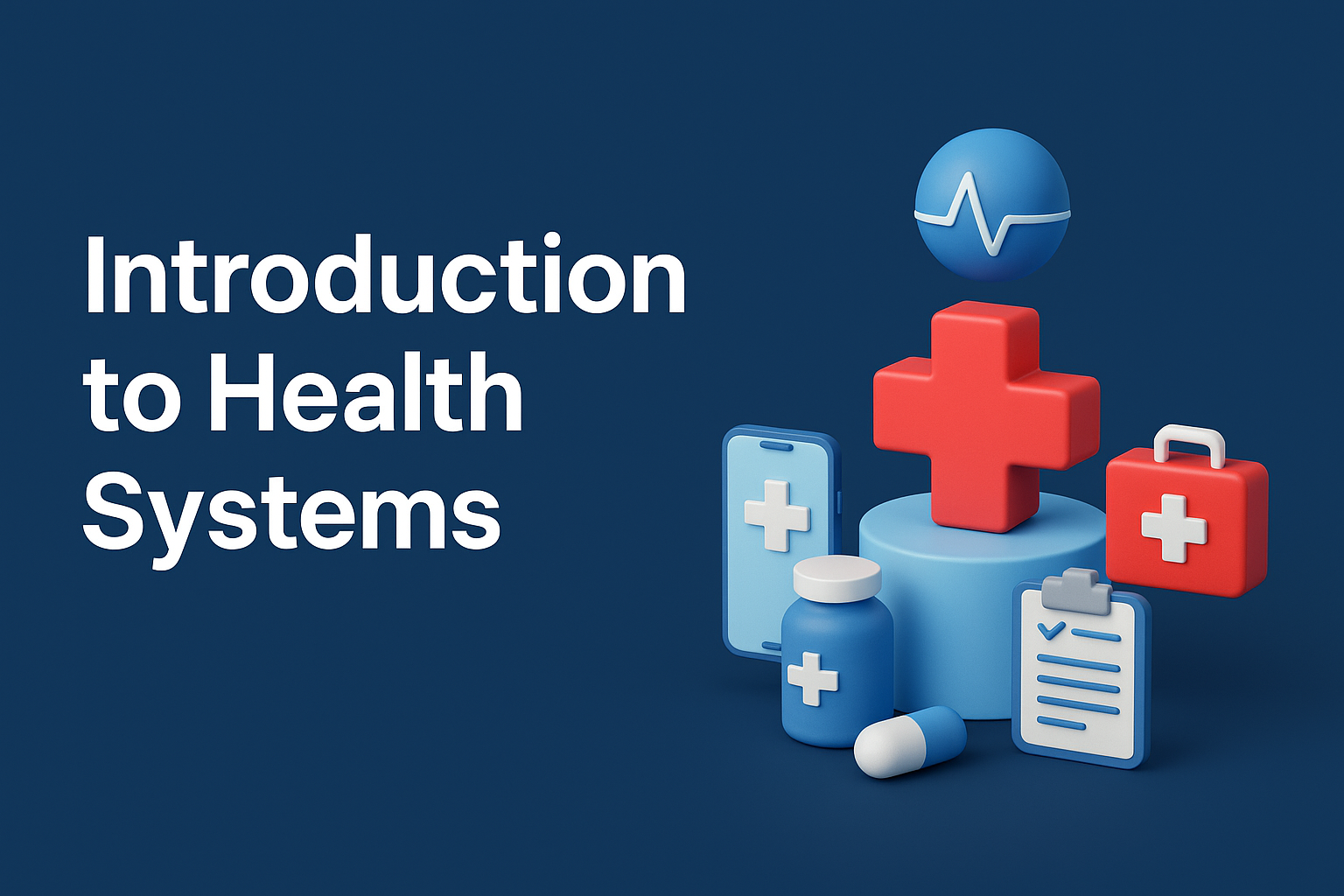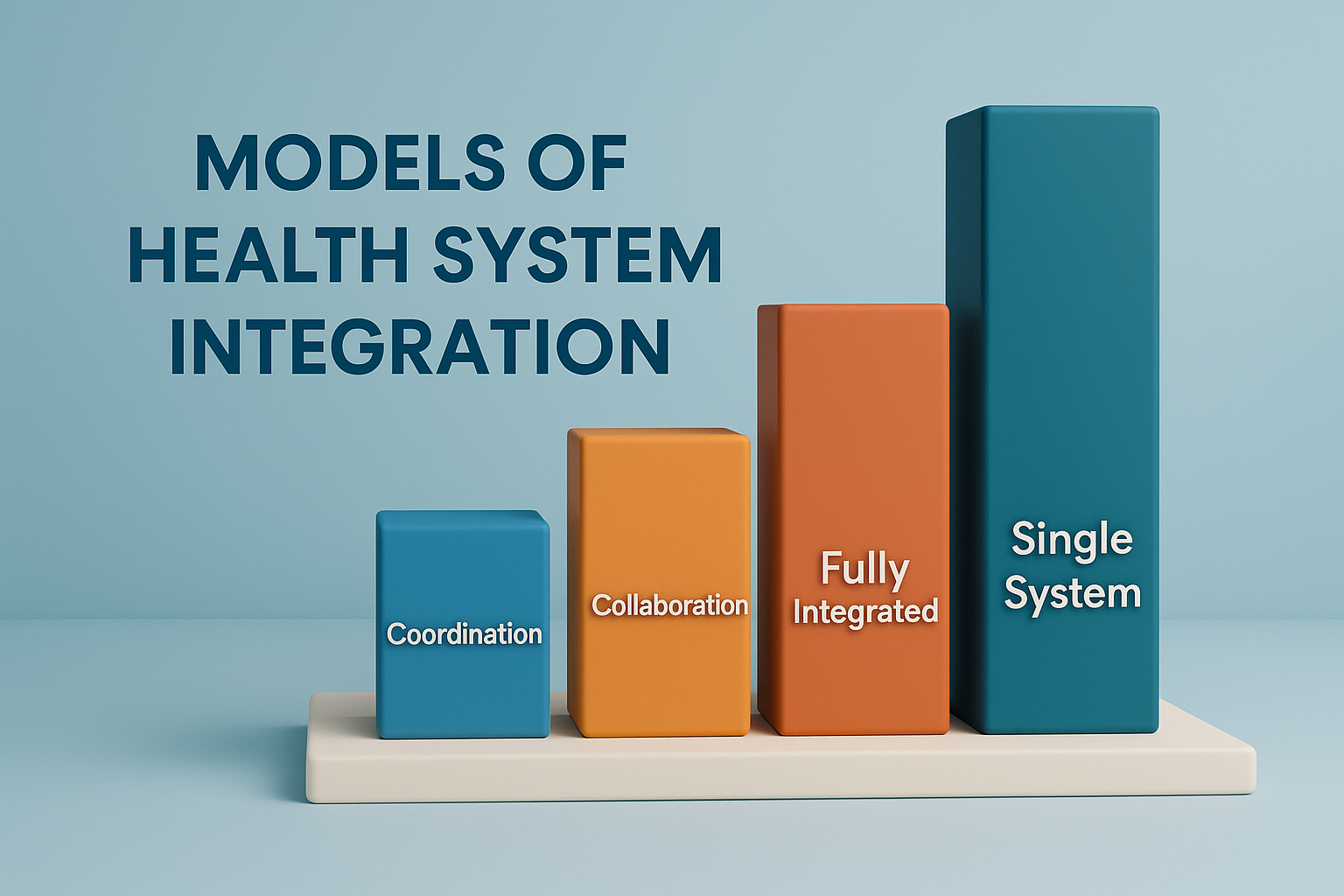
Clinical Integration: Care Models and Outcomes
$15.00Format: E-course
Duration: E-course
Instructors: CORAL MED
Learning Credits: 0.2 CEU
*This course was updated on Jan 01, 1970.
Description
This course provides a structured overview of key concepts and practices in healthcare management. Topics include foundational principles, applied tools, and real-world case applications relevant to the domain. Learners will also explore strategies to apply this knowledge for improving outcomes and advancing professional practice.
By the end of this course the learner will be able to:
1. Explain the importance of integrated care models in improving healthcare delivery and patient outcomes.
2. Demonstrate the application of integrated care models in case studies.
3. Compare different models of health system integration and assess their effectiveness.
4. Critically evaluate the role of health system integration in enhancing patient-centered care.
5. Propose a model for integrating behavioral health into a healthcare system.
6. Develop a comprehensive strategy for improving coordination among healthcare.
Learners will be able to explain the importance of integrated care models in improving healthcare delivery and patient outcomes.; demonstrate the application of integrated care models in case studies.; compare different models of health system integration and assess their effectiveness.; critically evaluate the role of health system integration in enhancing patient-centered care.; propose a model for integrating behavioral health into a healthcare system.; develop a comprehensive strategy for improving coordination among healthcare.
Participants should have a basic understanding of Healthcare Clinical Integration Management. Familiarity with fundamental concepts in Healthcare Clinical Integration Management is beneficial but not required.
Follow Coral Plus LMS policies: participation, integrity, respectful conduct, HIPAA/privacy adherence, timely completion of assessments. 1. Participants should register in advance to receive access details. 2. Access links and passwords, if applicable, should be provided securely to registered participants. 3. Participants are encouraged to join the webinar a few minutes early to resolve any technical issues 4. Participants are responsible for ensuring they have a stable internet connection, compatible devices (computer, tablet, or smartphone), and recommended browsers. 5. A microphone and webcam may be required for interactive sessions. Please test your audio and video settings in advance. 6. The webinar may be recorded for educational purposes. 7. Recorded sessions may be shared with registered participants after the webinar. 8. Please be mindful not to share personal or confidential information during the webinar. 9. A detailed agenda will be provided, and each session will adhere to the schedule to cover all planned topics. 10. Time will be allocated for Q&A sessions and discussions. 11. A helpdesk or contact information for technical support will be provided during the webinar. 12. Common technical issues will be addressed at the beginning of the session. 13. Relevant resources, such as presentation slides or additional reading materials, will be shared after the webinar. 14. Follow-up communications may include additional insights, answers to outstanding questions, or announcements related to the webinar.
This course is designed for healthcare professionals at all stages of their careers who are seeking to skill, reskill, or upskill in the given domain. Target audiences include entry-level staff aiming to build foundational competence, mid-career professionals transitioning into specialized roles, and senior leaders looking to update their expertise with current best practices. The curriculum benefits clinicians, administrators, analysts, managers, and project leaders who need to apply these competencies to improve healthcare delivery, compliance, quality outcomes, financial performance, and organizational efficiency.


